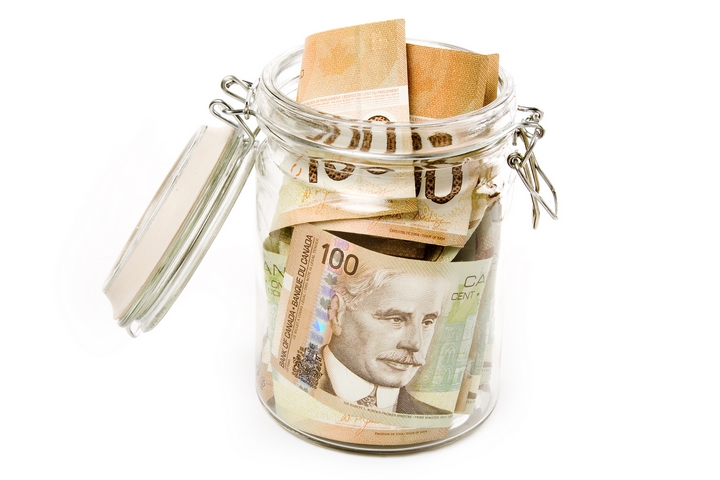A recession can hit unprepared finances hard, temporarily reducing wealth by a large margin. Whether you believe a recession is in your immediate future or not it’s irrelevant to the best practice of wealth management that necessitates preparing for risk. A recession is a risk. To recession-proof your finances means not relying on the economy to stay strong in perpetuity.
With high inflation, high interest rates, and a recession looming, the conditions are right for many wealthy stakeholders to lose much value. Here’s how to avoid that.
1. Set Up an Emergency Fund with No Delay

An emergency fund with 6-12 months of savings will help cover expenses over such a period without you having to draw from credit cards, high-interest loans, lines of credit, or cash out on investments for less than you prefer. This account is designed for emergencies only and will be what you go to when you need money fast.
This way, you can keep your investments where they are and when you need cash, it’s already there. No hassles. No tax deductions. No having to ask permission. A high-interest savings account is the best place to start recession-proofing your finances.
2. Protect Your Investment Portfolio By Diversifying

Protect and manage your wealth by investing in various places. This spreads risk and minimizes losses by moving your money across different industries, sectors, and asset types. It’s best to do this with traditional individual stocks and look at assets such as mutual funds, ETFs, index funds, cryptocurrency, real estate investing, and more advanced investment products.
If this is not an area of expertise, consider hiring a financial advisor or speaking with a wealth management team. Of everything, this is how to recession-proof your finances.
3. Eliminate Any and All High-Interest Debt

Before or during a recession, take a close look at high-interest debt and pay it off as quickly as possible. Average-to-high interest rates will eat into your finances, and if you have the money to move over to accounts such as high-interest credit cards, paying off this debt will mean you retain more wealth in the long run.
Furthermore, avoid all costs of using your credit card during a recession if you know that keeping up payments could be challenging and cost you funds to pay the interest.
4. Don’t Let a Recession Paralyze Your Finances

A recession does not need to restrict your spending and pause your wealth-building for long-term financial goals. The economy moves in cycles. A person who can wait out a recession stands to regain much of the wealth they may have lost, nearly all, or even make some money.
With a recession may come certain investment opportunities, just like what we saw with the pandemic. Do not automatically be driven into a pause on wealth management during a pandemic. Look for ways to continue growing your wealth, as they often exist.
5. Ready Yourself for The Possibility of Unemployment

Even secure employment can be lost in a recession. Companies lay off staff when recessions hit. Prepare for this by having your resume updated and prepared to be sent out to relevant parties, complete with skills and experience.
Consider if you want to pivot to a different industry for employment or to further your education to train for a different job than the one you have. The more valuable and flexible you are, the more likely your income will not have to stop, and you can transition into another role if you are facing unemployment. Always build your resume, skillsets, and experience with this in mind.
6. Diversify Your Income Streams for Maximum Cash Flow

In the same way, you always want to ensure you have value and flexibility to find alternative income streams, and you also want to diversify those income streams. Multiple income streams mean if you lose one, there are others you can rely on.
This is where to take risks. It may involve starting a small business or side hustle and seeing where it takes you. It could mean offering services as a consultant or independent contractor in your chosen specialty. There are many ways to find side gigs and potentially extremely lucrative income streams under the right circumstances.
7. Assess Large Expenses, Including Housing and Transportation

Take an honest look at your expenses. With big wealth often comes big expenses. In a recession, you may deal with expenses you cannot manage if something impacts your income. Consider not only how you are spending money day-to-day but larger expenses, including where you’re living and what you’re driving.
To minimize living costs, you may want to downsize, rent out a part of your home, or take on a roommate, for example. If a defined expense is not justifiable, cut it and reinvest that money elsewhere in your lifestyle.

